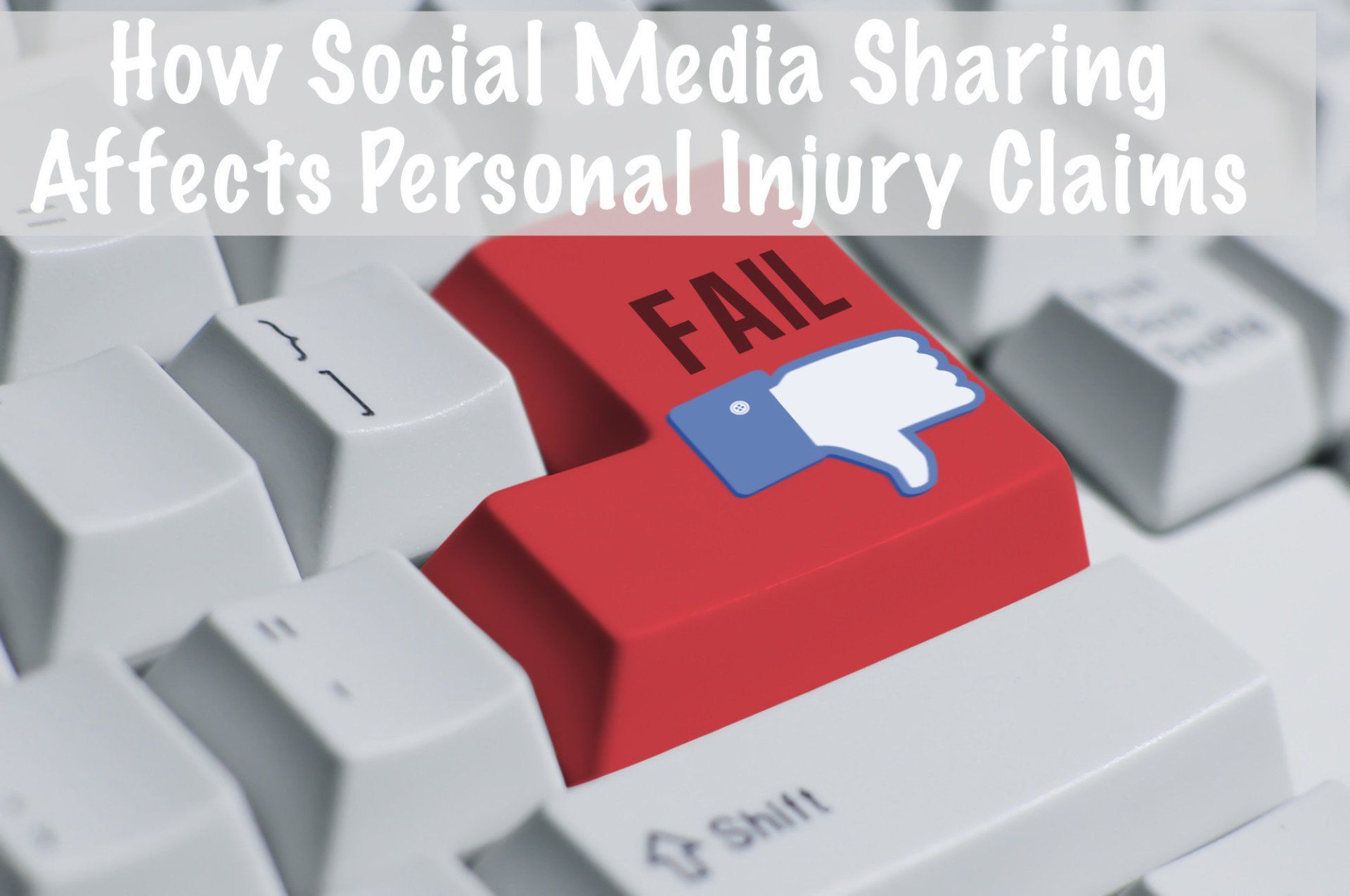Tick Tock: 5 Things to Know About Personal Injury Statute of Limitations
Rick Koenig, Attorney • July 13, 2019
There is a timeframe in which yo need to file your personal injury lawsuit. The personal injury statute of limitations varies by state--don't wait to file.

Did you involve yourself in a car accident, slip and fall or any event that caused you harm? it’s best to consider filing a personal injury lawsuit. This will allow you to take care of your medical expenses, together with other damages.
Personal injury claims are crucial in protecting you and the people around you. Even then, there’s a time limit on how long you can do a claim.
Personal injury statute of limitations is a crucial thing to consider. Once the statute of limitations expires, it’s all over for your claim.
How long until the statute of limitations expires? Can the statute of limitations be waived? In this guide, we’ll give you the 5 things you need to know about your personal injury settlement timeline.
What Are Personal Injury Claims?
Before we learn about the statute of limitations, we need knowledge. We need to first understand what forms a personal injury claim.
In any event where someone causes you harm, you can make a personal injury claim. It does not matter whether it’s intentional or accidental. There are a few nuances to this, having a few differences from state to state.
In such a case, you would need to prove a level of liability and damages to get your claim. You can get a negligence claim if somebody injures you and fails to exercise care. This even goes beyond claims during car accidents.
You can also claim personal injury during slip and fall events under strict liability. You can even do a claim when somebody hits you under intentional wrongs.
The problem with a claim, however, is the statute of limitations. Apart from the need to prove your claim, you also need to make sure you’re still in the timeline to do the claim.
You can read it all in full Title 35, Chapter 516, Section 516.520. Here’s what you need to know:
1. Missouri Gives 5 Years
The first thing you need to know about your personal injury claims timeline is the expiry. After the incident itself, a clock ticks down until you can’t do a claim anymore. This can differ from state to state, so it’s crucial to know how long you have.
In Missouri, you have a time limit of five years until your statute of limitations expires. The Missouri Code 516.120 states that within five years, you need to file a lawsuit seeking legal remedy.
This includes all types of negligence and intentional torts. Any car accident or physical abuse goes under this limitation.
Whatever happens, if a person caused you any type of injury, you have five years. You can file the initial documentation for civil remedies.
Start an official complaint and as soon as you can. You want to make sure the paperwork, together with all the details, happen before its expiry.
2. Can They Waive the Statute Of Limitations?
Let’s say the five years’ worth of statute of limitations expired. Can the statute of limitations be waived? The answer to that is a big no, with some crucial exceptions.
In actuality, you can still file on court for a personal injury claim. You can even complete all the necessary documentation. The problem, however, is the opposition.
Whoever you file a claim against, their personal injury lawyer will file for a motion to dismiss the case. The judge would likely agree to the dismissal as well.
The five years are set long enough for anyone to file their claims. It is your responsibility to file your complaint during this extensive time allotment. If you are unable to file during these five years, you’re giving up any leverage that you have.
3. There Are Exceptions That Stop The Personal Injury Settlement Timeline
Remember the exceptions we said about the statute of limitations? Can statute of limitations be waived with exceptions? It depends upon the exception.
For people who are under 21 years of age or have mental incapacitation, the law is different. Their five years of clock time does not start from the date the event took place. Instead, it starts from the day they turn 21 years old or in the day their legal disability ends.
The Missouri Revised Statutes section 516.170 confirms that someone needs to have the proper level of competence to file a personal injury claim.
Another exception is non-residency, according to the Missouri Revised Statutes section 516.520. If the person you are trying to sue is not a local of Missouri, it helps your discovery deadline. Their time out of state does not count to the personal injury settlement timeline.
4. There Are Shorter Statute of Limitations For Other Types
There are two types of cases that are different from normal personal injury claims. These have a shorter statute of limitations in Missouri, so you’d want to be more proactive in pursuing damages. These are medical malpractice and wrongful death.
As per section 516.105, medical malpractice claims in Missouri has a 2-year statute of limitations. This starts from the discovery of the malpractice itself, up to 10 years from the event. Wrongful death, however, needs 3 years until the statute of limitations expires.
5. Claims Against Missouri Cities Are Much Shorter
Missouri also allows personal injury claims against a city or a local government. The personal injury statute of limitations for it, however, is very short. You have up to 90 days to file a complaint and claim for personal injury.
These 90 days apply to both negligence from a government agency or an employee in their official capacity. These exist to allow for an efficient legal process and prevent abuse of the system.
Understanding Your Personal Injury Statute of Limitations
When it comes to personal injury statute of limitations, you need to understand which type of claim you will make. You have an average of 5 years to settle your claim. You need to understand that there are exceptions and differences to these, so you need the right information.
If you want to do a personal injury claim in Missouri, you need an expert in Missouri personal injury law.
Rick Koenig specializes in personal injury cases, from auto accidents to worker’s compensation. If you have an injury from negligence or intent, Rick Koenig will help you win.
Talk to Rick Koenig now and get 30 years of legal expertise.







